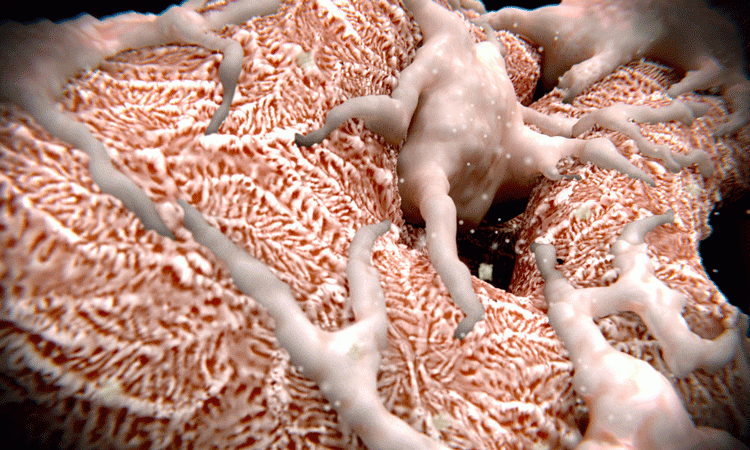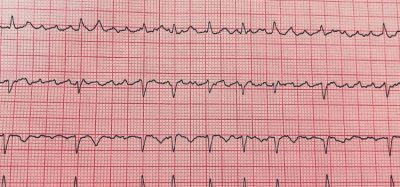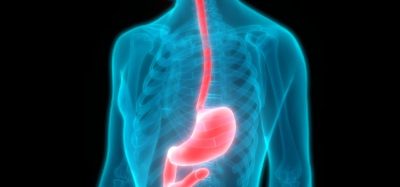Protein kinase C-alpha inhibitor reverses destructive nephritis
Posted: 30 July 2018 | European Pharmaceutical Review | No comments yet
Inhibiting protein kinase C-alpha was shown to be a pivotal step towards restoring the damage done by nephritis…


A man-made version of a human antibody used to directly deliver a drug which inhibits a driver of inflammation, can reverse a disease course that often leads to kidney failure and dialysis, according to a new study. The treatment inhibits protein kinase C-alpha, and directly targets the kidney.
Researchers have found that the so-called powerhouses of cells, the mitochondria, are particularly impacted by the acute or chronic inflammation called nephritis, and the treatment (in animal models and cell cultures) restores their function.
The team used a model of immune-mediated nephritis in mice that develops rapidly and progressively over seven to 10 days.
After the disease was established, the mice were injected directly into the kidney via the man-made antibody, with a single dose of the protein kinase C-alpha inhibitor. The mice injected recovered their kidney function and survived.
Serious infections or injury, uncontrolled hypertension and diabetes can all cause acute or chronic nephritis, affecting both kidneys and the million-filtering units in each. When diagnosed with chronic nephritis, patients often suffer kidney failure on dialysis.
Dr Michael Madaio, nephrologist and Chair of the Department of Medicine at the Medical College of Georgia at Augusta University said: “That is why we are looking at promoting recovery. We are delivering something to the kidney that is reducing inflammation and restoring mitochondrial function. We are helping the mitochondria be a little healthier and the kidney cells function better.”
During the in vivo study, parallel in vitro studies on cells looked at toxicity and treatment on endothelial cells that line the filtering units. These showed the inhibitor reducing cell death and resulted in improved recovery.
The team also conducted a proteomic analysis, which deemed that 157 proteins were affected by nephritis, either up- or down-regulated. This was restored with treatment, and it was identified that the mitochondria were most affected.
“Using the whole-animal approach, we can look at both inflammation and recovery as they happen. However, we can more precisely hone in on the mechanisms with kidney cell culture,” Dr Madaio said.
“Then when you dig out a mechanism in the cell, you can go back to the animal model to test to see how relevant that is to the disease.”
Inhibiting protein kinase C-alpha was shown to be a pivotal step towards restoring the damage done by nephritis, including restoring mitochondrial function, and could also help to reverse the inflammatory disease.
Current treatments include serious side effects, such as an increased risk of infection, and even cancer, and Dr Madaio is hopeful that this targeted approach could treat the disease with less harmful side effects.
The use of the human antibody is vital as a method to transport the drug to the appropriate location in the body. The monoclonal antibody the team is using targets a collagen that is unique in the connective tissue found in the kidneys’ filtering units.
This targeted therapy approach could also be beneficial for common kidney diseases in the future, added Dr Madaio.
The study was published in the journal Kidney International.
Related topics
Analytical techniques, Antibodies, Drug Delivery Systems, Drug Development, Drug Discovery, Drug Targets, Research & Development (R&D)
Related organisations
Department of Medicine at the Medical College of Georgia at Augusta University









